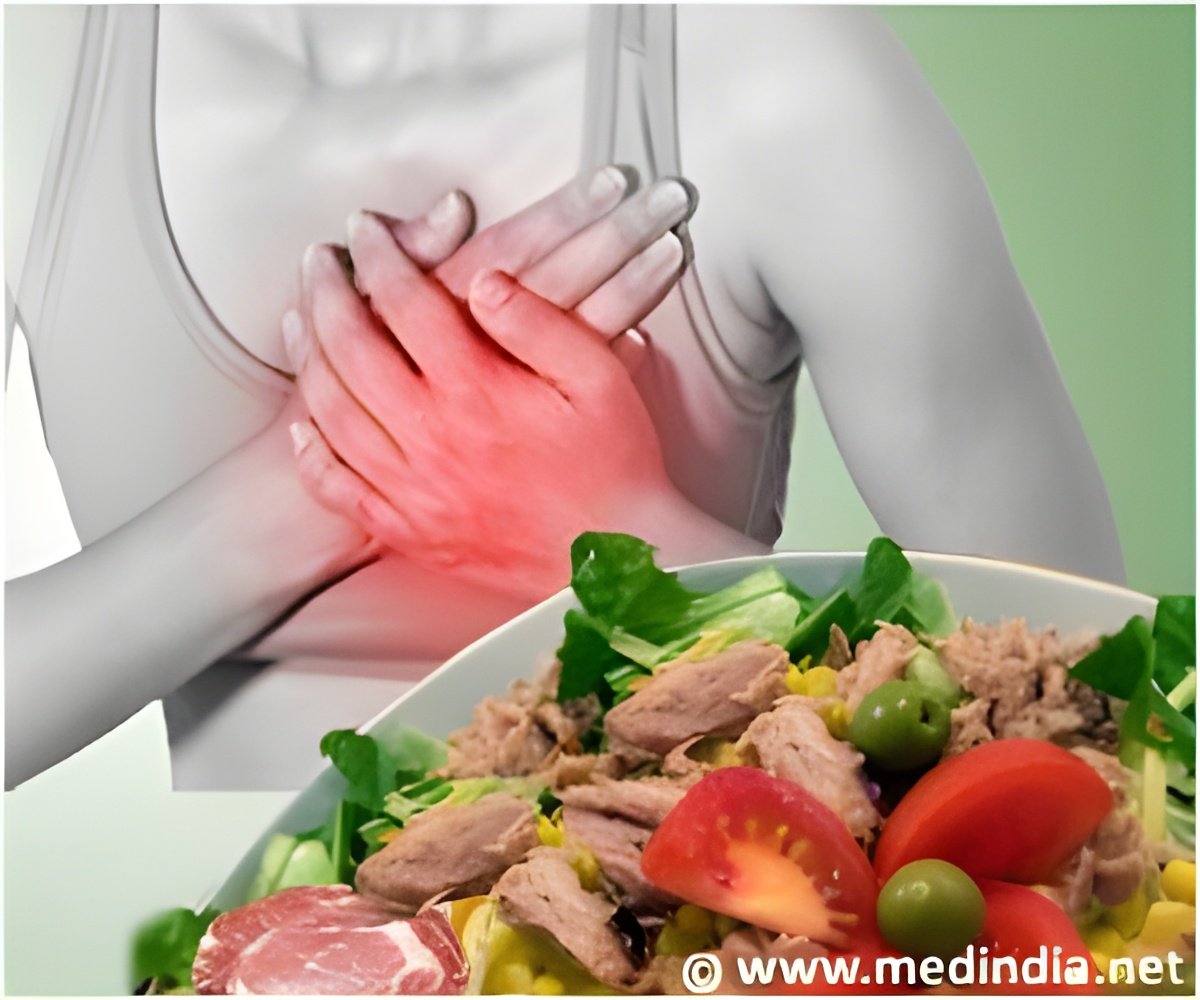Most physicians are aware of the importance of lifestyle factors in preventing cardiovascular disease and would welcome additional training in diet and nutrition so that they can inform patients.

The research team created a 28-question online survey to identify gaps in nutritional knowledge and to evaluate physician attitudes and practices concerning diet in the prevention of CVD. 236 cardiologists and internal medicine physicians and trainees completed the survey. It was found that most of the survey respondents (78%) were open to additional training and thought it would result in better patient care. Just over 50% of the physicians said they currently spend three minutes or less educating patients on diet and lifestyle.
Lead study author Nicole Harkin, MD, chief cardiology fellow at the NYU Langone Center for the Prevention of Cardiovascular Disease said, "We found physicians had a decent knowledge of general nutritional principles, but their practical knowledge was somewhat suboptimal. The majority knew that eating fruits and vegetables lowers blood pressure and that consuming soluble fiber reduces LDL-cholesterol (82% and 88%, respectively). About 70% correctly identified a vegetable high in soluble fiber, but just 31% identified an oily fish."
Almost all the physicians knew that the Mediterranean diet has been shown to reduce cardiovascular disease in randomized controlled trials. Just under 50% of the respondents also knew that low-fat diets have never been shown to do so. Most doctors were found to recommend the Mediterranean diet, followed by low-fat, DASH, and low-glycemic-index diets.
"The fact that most physicians would welcome additional training in diet is a useful-and hopeful-finding of the study. It speaks to where we are now in medicine. Patients, too, are looking for additional ways to improve their cardiovascular risk," said Dr. Harkin.
Most physicians didn't routinely refer their patients to a dietitian or nutritionist. "There's room for change in that area because partnering with a dietitian is an optimal way to educate and support the patient and can enhance the physician's own expertise as well. Improved physician knowledge concerning diet has the potential to translate into better patient outcomes because patients look to their doctors for guidance on lowering CVD risk. If a physician emphasizes diet, a patient is likely to do so as well," said senior study author Eugenia Gianos, MD, assistant professor of medicine in the Leon H. Charney Division of Cardiology and Director of the Preventive Cardiology Fellowship program at NYU Langone Medical Center.
Source-Medindia
 MEDINDIA
MEDINDIA


 Email
Email










